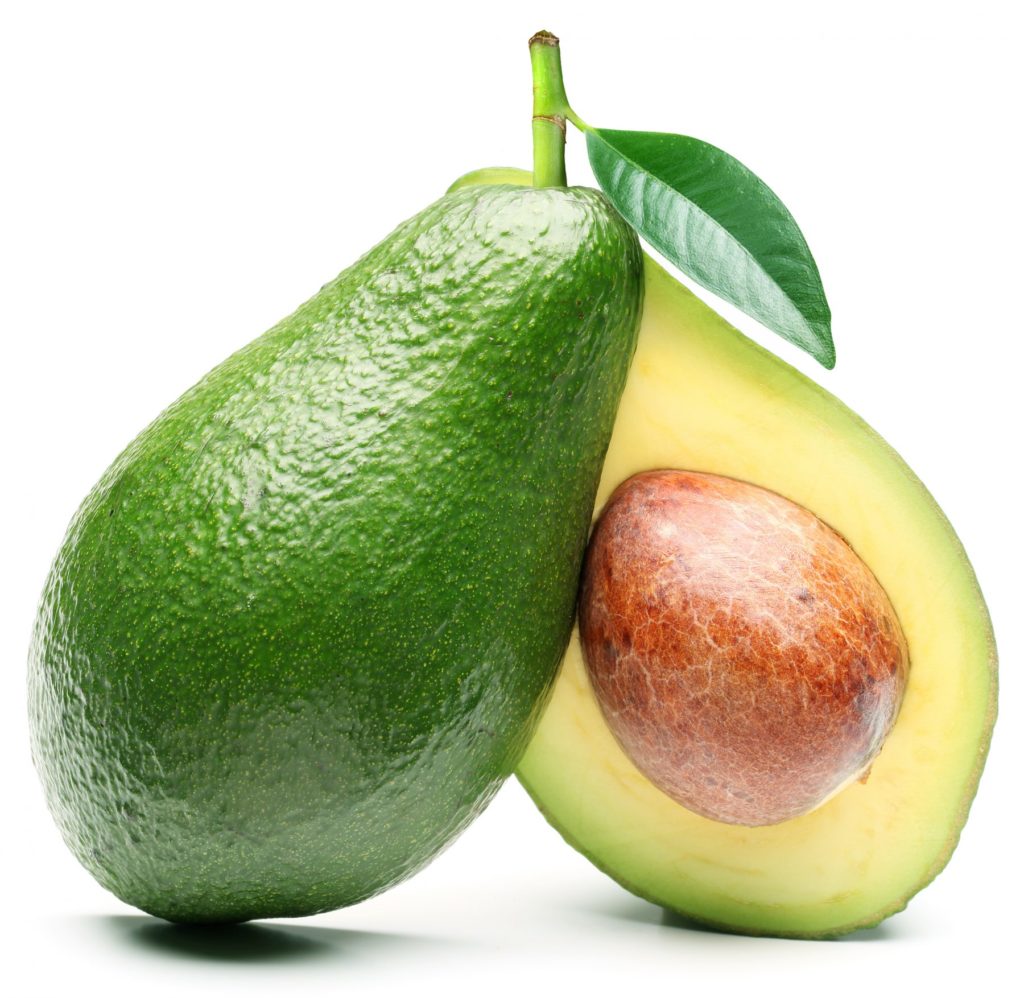Eating Half an Avocado A Day, Keeps Certain Illnesses at Bay….

It is green, delicious, creamy and satisfying – but high is monounsaturated fats. For years, the fear of consuming foods high in fats have steered individuals away from including avocado into their diets. But thanks to the revelation of the dangers of low-fat diets, avocados can be enjoyed by everyone without the guilt of adding on those extra calories.
Although avocado is classified as a fruit, it can be incorporated into both sweet and savory dishes. From guacamole, salads and avocado toast, toppings for sandwiches, soups, pizza and chicken, to smoothies, baking, ice cream, chocolate mousse and more, avocados are extremely versatile and add a wonderful flavor and creamy texture to a large variety of dishes.
Nowadays, the avocado’s healthy reputation precedes it, making it a good source of antioxidants, fiber, vitamins and minerals. It is known as one of the top superfoods and is packed with vitamins A, B, C, E and K. Minerals include potassium, magnesium, iron and copper; the potassium in two bananas is equivalent to one avocado, making it an excellent source of potassium. Avocados are also high in dietary fiber and helps stabilize blood sugar levels, facilitate healthy bowel regularity and maintain proper weight control.
Avocados are high in monounsaturated fats (called MUFA’s) and oleic fatty acids, which unlike saturated or ‘bad’ fats, are good for the heart and the brain. MUFAs are one of the main dietary forms of fat in the Mediterranean diet, which for years is a diet that has been linked to protection against heart disease, cancer, cognitive decline and many other disorders. MUFAs are also good for lowering cholesterol and blocking the development of arteriosclerosis – the hardening of the arteries that cuts off blood flow.
It has been clinically proven that avocados reduce metabolic syndrome in adults, which is a term for a cluster of conditions that increases your risk of developing heart disease, stroke and diabetes. Other avocado benefits include help with hypertension, high blood sugar, high cholesterol, high blood pressure, obesity and excess body fat around the waist.
Avocados contain major anti-aging properties in the flesh and the oil, which protect against free radicals. The fruit is able to enter the mitochondria in our cells and activate its energy, thereby enabling the cells to function properly and prevent attack by free radicals. Damage to the mitochondria and other components of our cells play a huge role in aging.
In a study published in the Nutrition Journal, it was found that participants who ate half an avocado for lunch expressed a 40 percent decrease in the desire to eat for hours after the meal. Avocados are extremely filling and the ability to overindulge is highly unlikely. Therefore, enjoy a daily intake of avocado and avocado oil – there are too many benefits and reasons to pass up on this wonder fruit.